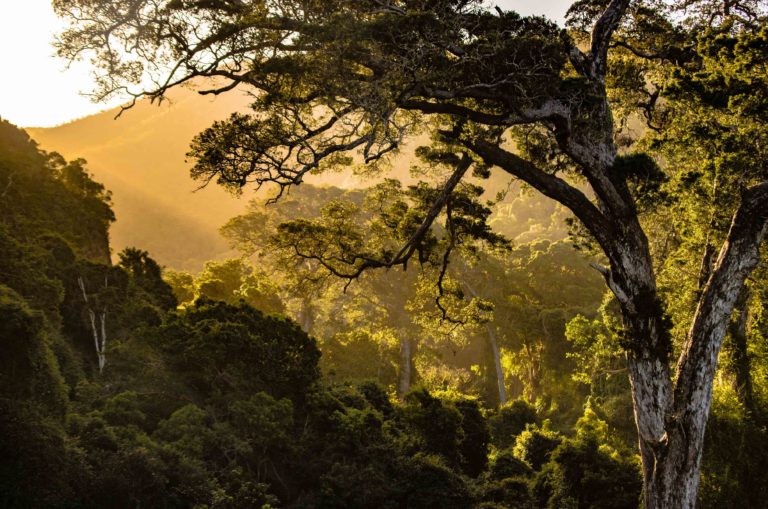Truly a sign of our times, ‘eco-anxiety’ is a relatively new term, but one that points to an incredibly serious and important issue: our relationship with the environment and climate change.
Eco-anxiety can be tricky to define in clinical terms, seeing that concern is generally a ‘rational’ response to the plight of the planet.

Clinically-diagnosed sufferers can be expected to experience much the same range of symptoms or side-effects as other anxiety sufferers, such as panic attacks, a sense of helplessness, depression or even phobias, but the distinguishing feature of eco-anxiety is rather brought on, as the American Psychological Academy defines it, by a ‘chronic fear of environmental doom’.
‘It’s a rational reply to a really serious problem,’ Maria Ojala, a psychologist at Örebro University in Sweden, told Live Science. ‘That is why it could be dangerous to make it a clinical diagnosis.’
As society comes to terms with this relatively new phenomenon, it’s worth making certain the barrage of bad news about our planet doesn’t stop us from being proactive about conservation, if we can help it.
Here are a few ways to combat aspects of eco-anxiety:
1. Live consciously.
As we all must, take control of the decisions you make in your day-to-day life. Try to consciously change the way you eat, drink and buy, and always opt for the greener alternative if it is in your means to do so. Travel, too, needs to change, from our padkos to a trip to the beach and the sunblock you use.
2. Be social.
In addition to clinical eco-anxiety and general concern for the environment, a symptom of our digital age is that we are often overstimulated by news and developments on this topic, fed via social media or from a life plugged into computers and phones. Remembering to engage with others and discuss the phenomenon or barrage of bad environment news helps combat the sense that you’re not the only person deeply concerned and affected by so much bad news and flux. Discussing your concerns can also inform others and promote an environment or dialogue where real issues are being discussed, problems and solutions critiqued.
It’s worth pointing out that while your awareness and concern may be heightened, others could be suffering from apathy or may already be desensitised by too much stimulus of this kind. It’s important, then, to talk to you friends, family and colleagues about this. The next step could be making greater demands of those with authority to effect change or use their platform to affect positive change.
3. Stay positive.
Remember that every bit you can do within your capacity helps, it doesn’t need to be material or monetary: every conversation you start, every time you refuse a plastic bag or remember to bring a used one, every piece of litter you pick up or recycle can make a difference.
Keep up to date with the latest developments in this field, and follow the often-inspiring work being done in the name of the environment and conservation. Don’t forget to support eco-organisations and initiatives you’re invested in: donate your skills through service, money or spread the word.
4. Engage.
Don’t forget to stay in touch with and enjoy what you’re protecting, and to appreciate nature with others. It’s no surprise research suggests that spending two hours a week in the nature bodes better health for all. Along with visiting forests, why not volunteer, too: plant trees and join or host beach, forest or park clean-ups in your community. Attend forums and rallies to add your voice or learn more about the way forward in eco-awareness.
Image: Unsplash
Also read:
SA reviews single-use plastic policy
You may also like
Related Posts
China’s National Health Commission has published a list of controversial coronavirus treatments that have animal...
read more
Warmer sea temperatures in the summer months, especially in February, were recorded and are believed...
read more
While people are stuck indoors due to the coronavirus pandemic, the penguins at the Two...
read more